
Welcome to longer,
Your weekly longevity insights are here.
Exercise extends lifespan in older adults — and all it takes is 150 minutes a week.
That’s just two and a half episodes of your favorite crime drama—except in this case, you’re the one outrunning the bad guys (a.k.a. chronic diseases).
Don’t keep longer. a secret—share it with your friends!
This week in longevity:
💰 Billionaire-backed lab raises $1B for anti-aging research
🧠 Scientists pinpoint where brain aging begins
🦠 AI-designed probiotics target gut health
🛡️ Experts say longevity is more about habits than hacks
❤️ Heart disease now causes 39.5% of U.S. deaths
Plus, more longevity breakthroughs.
Read time: 4 minutes
THIS WEEK IN LONGEVITY
FEATURED
🏃♂️ Exercise Boosts Lifespan and Health in Older Adults
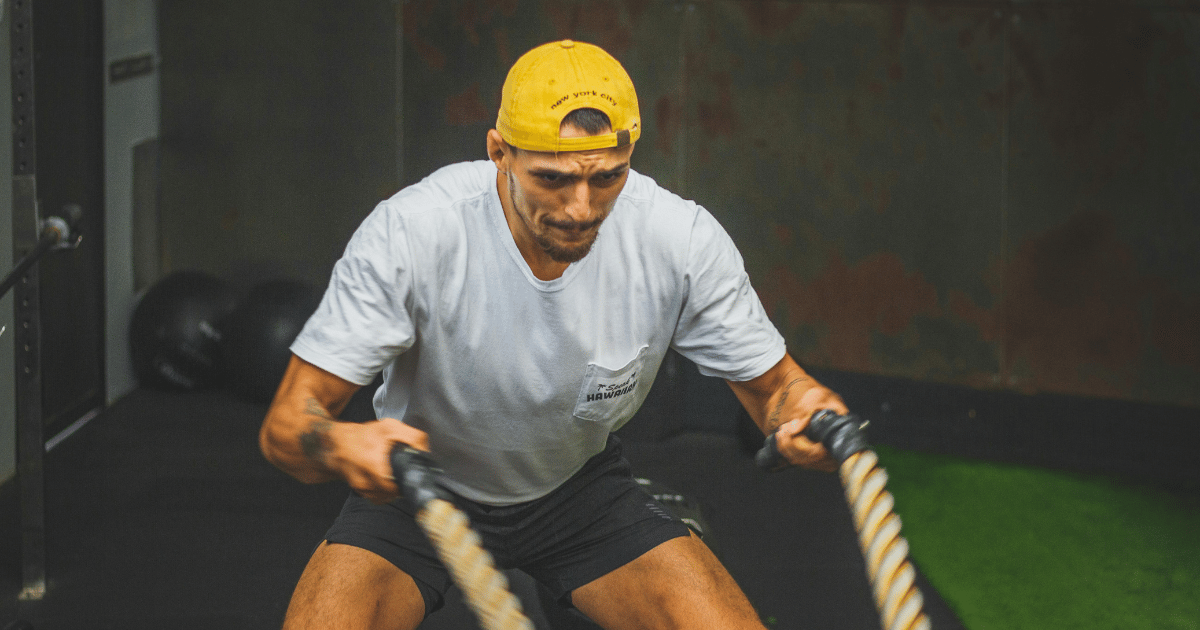
Source: Pexels
A new study in the Canadian Medical Association Journal confirms that regular physical activity can extend lifespan and improve quality of life in older adults. Just 150 minutes of weekly exercise significantly lowers the risk of death and helps prevent over 30 chronic diseases.
What to know:
Exercise lowers death risk: A 2023 analysis found that 150 minutes of moderate exercise per week reduces the risk of death by 31%.
Prevents disease: Staying active helps protect against heart disease, diabetes, osteoporosis, dementia, depression, and even some cancers.
Improves strength and balance: Physical activity reduces the risk of falls, strengthens bones, and can ease symptoms of arthritis.
Boosts brain health: Regular movement is linked to better cognitive function, mood, and mental well-being.
WHO recommendations: Adults—including older adults—should aim for 150–300 minutes of exercise per week, including strength training.
Why it’s important: Aging doesn’t have to mean losing independence. Exercise isn’t just about living longer—it’s about living better. Even small amounts of movement can boost energy, protect against disease, and keep people active for years to come.
FEATURED
🧬 NAD World 3.0: A New Blueprint for Longevity
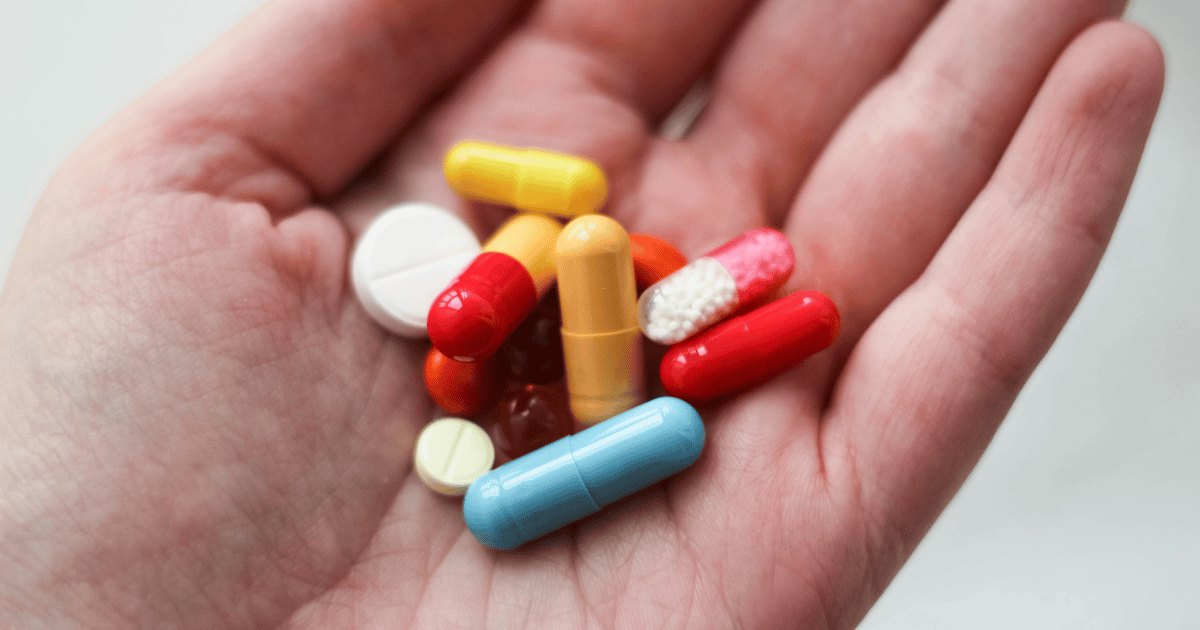
Source: Unsplash
Scientists have discovered a major reason why we slow down as we age—our bodies lose a vital molecule called NAD+. This molecule powers our cells, but as it declines, we feel more tired, our muscles weaken, and our brains don’t work as well. The new “NAD World 3.0” model explains how our body tries to keep NAD+ levels up and how we might slow down aging by boosting it.
What to know:
NAD+ levels drop with age, leading to energy loss, inflammation, and tissue decline.
How the body fights back: The gut absorbs NMN, a key ingredient for making NAD+, using a special transporter called Slc12a8.
A second backup system: Fat cells release tiny packages (eNAMPT) that help other parts of the body produce more NAD+.
The brain acts like the control center, keeping everything in balance and helping the body use energy efficiently.
Potential solution: Boosting NMN and eNAMPT levels has improved metabolism, muscle strength, and brain function in aging mice—a step toward possible anti-aging therapies.
Why it’s important: This research shows that aging isn’t just about “wear and tear”—our bodies have built-in ways to fight it. If scientists can safely boost NAD+ levels, we might stay stronger, sharper, and healthier for longer.
💡Pro Tip: Want to dive deeper? Use tools like ChatGPT, Claude, or Gemini to simplify complex studies. Copy, paste, and get a clear summary—it’s like having a personal research assistant.
IN THE SPOTLIGHT
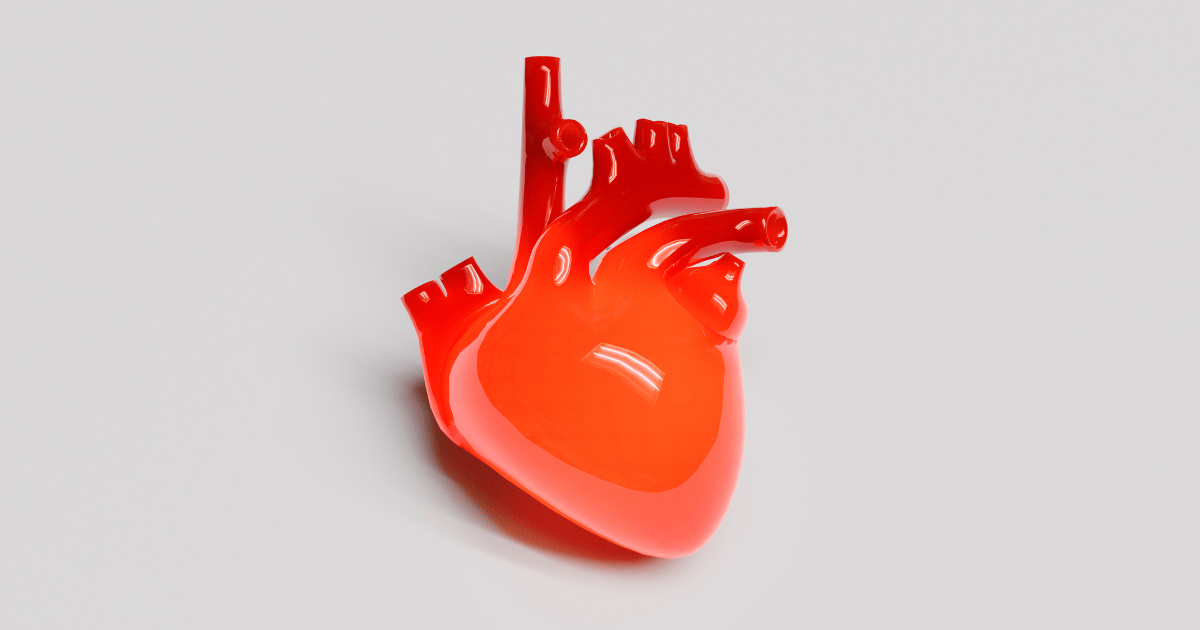
Source: Freepik
1. Scientists Take a Big Step Toward 3D-Printed Heart Tissue
Researchers at the University of Galway have successfully bioprinted human heart tissue that mimics the mechanical and electrical properties of real heart muscle. Their innovative approach uses hydrogels and a shape-morphing technique to improve the maturity and function of the bioprinted tissue. This breakthrough could pave the way for personalized cardiac therapies and better disease modeling, bringing regenerative heart treatments one step closer to reality.
2. Healthy Ageing Starts Long Before Old Age
New research in The Lancet Healthy Longevity highlights how our entire life—starting from childhood—shapes the risk of age-related diseases. Factors like education in early life, managing blood pressure in midlife, and staying active all play a role in preventing dementia, frailty, and other conditions. The article calls for both personal action and policy changes to ensure that healthy ageing isn’t left to chance but built over a lifetime.
3. Oral Bacteria May Play a Role in Brain Health
A new study in PNAS Nexus suggests that the microbes in our mouths could influence cognitive function as we age. Researchers found that certain bacteria, like Neisseria, were linked to better memory and attention, while others, like Porphyromonas, were associated with mild cognitive impairment. The findings highlight how diet—especially nitrate-rich foods like those in the Mediterranean diet—could support brain health by shaping the oral microbiome.
LONGEVITY SNAPSHOTS
WHAT ELSE YOU SHOULD KNOW THIS WEEK
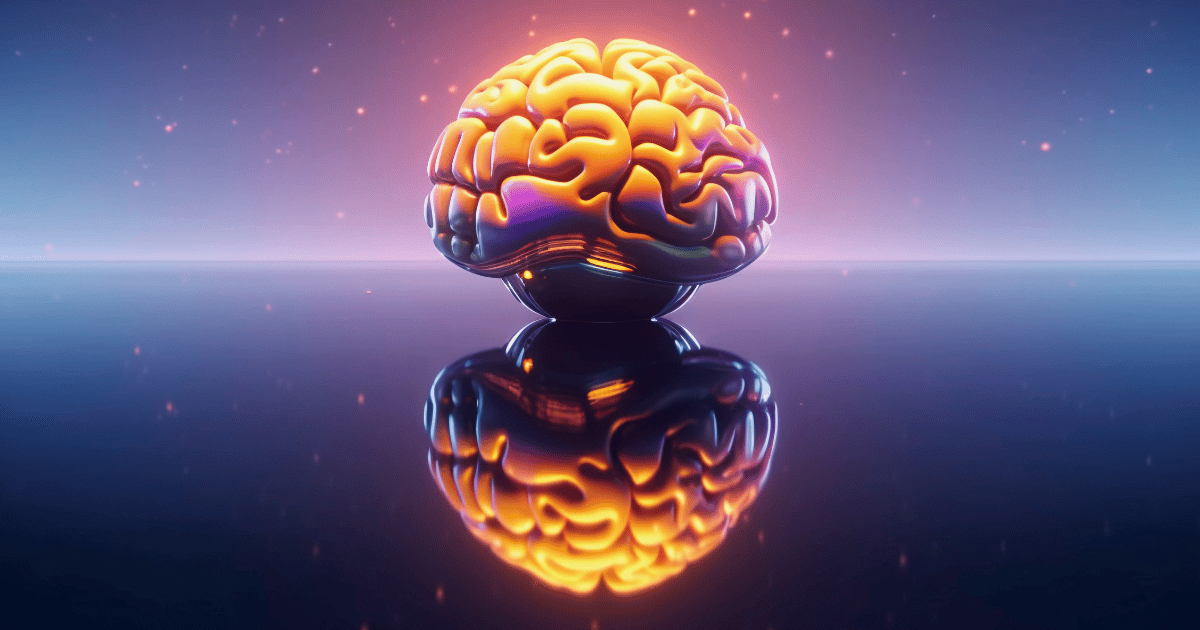
Source: Freepik
💰 Billion-Dollar Boost: Retro Biosciences is raising $1 billion to accelerate longevity research, including cellular reprogramming and plasma-based therapies. Its first clinical trial, focused on autophagy (cellular cleanup), is set to begin this year.
🧠 Aging Hotspot: Scientists pinpointed where brain aging begins, focusing on the hypothalamus (the body’s control center for sleep, hunger, and hormones). Support cells in this region show the earliest signs of decline, potentially affecting overall health.
🦠 Custom Gut Cure: Researchers at the University of Surrey propose personalized probiotic therapies to treat inflammatory diseases by targeting gut microbiome imbalances. Their computer models predict how specific bacterial strains can be adjusted for tailored treatments.
🛡️ Simple Longevity: Experts say aging well doesn’t require pricey biohacks—just daily habits like 30 minutes of exercise, socializing, and prioritizing whole foods. Regular doctor visits and quality sleep also play key roles in extending healthspan (years spent in good health).
❤️ Heart Crisis: Heart disease now causes 39.5% of U.S. deaths, with obesity, poor diet, and inactivity fueling the epidemic. The AHA urges action on its “Life’s Essential 8” habits—like eating better, exercising, and managing blood pressure—to reverse the trend.
PROMPT OF THE WEEK
Breathwork
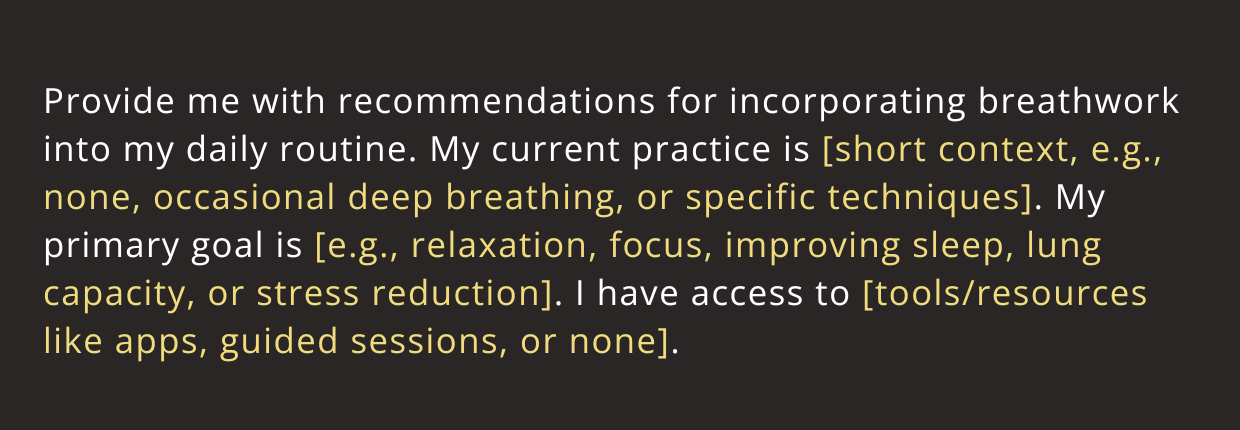
WHAT WE’RE BOOKMARKING
🎧 Podcasts
• “The Fasting PLAYBOOK: Nathalie Niddam Reveals Top Strategies for Health & Longevity”: Explore the benefits of fasting—from metabolic health to reduced inflammation—and learn strategies like fasting schedules, peptides, and nutrient-dense meals (Listen here).
• The Dhru Purohit Show: “The Science Behind When To Eat and Other Top Lessons On Circadian Biology”: Learn how timing your meals, light exposure, and sleep can transform your health with insights from Dr. Satchin Panda and Dr. Martin Moore-Ede (Apple link).
📚 Books
• “The Longevity Diet” by Valter Longo, PhD: Discover how nutrition and fasting-mimicking diets can activate stem cells, slow aging, and prevent diseases like diabetes and cancer—all while improving energy and longevity (Amazon link).
⚙️ Tools to Try
• KardiaMobile®: Monitor your heart health anywhere with this FDA-cleared, doctor-recommended personal EKG device. Record, download, and share medical-grade EKGs right from your phone (Product website).
Thanks for reading.
What did you think of this week’s newsletter?
See you in the next issue.

